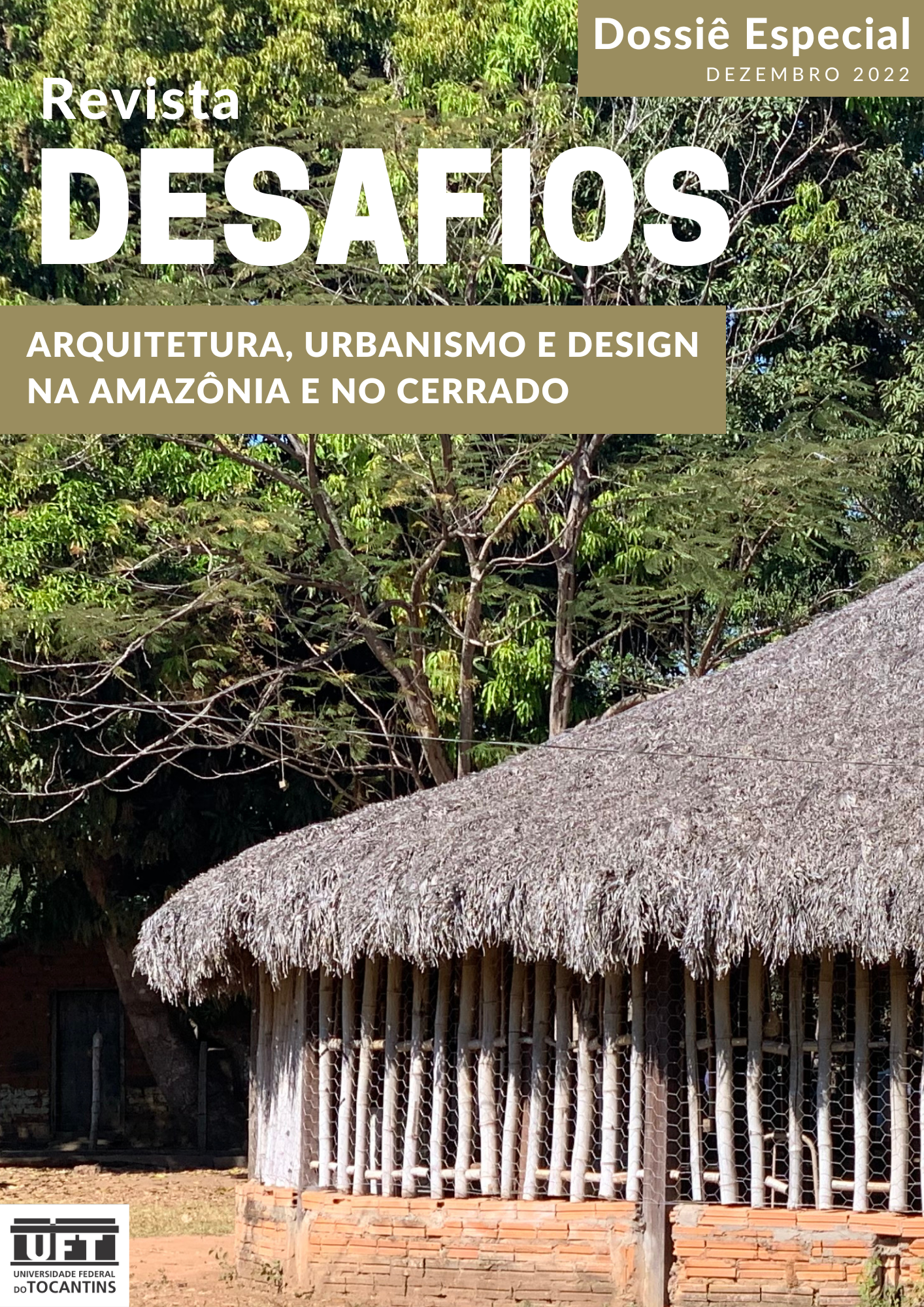Ways of living in non-capitalist resistance ruralities in Tocantins
DOI:
https://doi.org/10.20873/uftv9DAU-14818Abstract
This article presents some reflections on the non-capitalist possibilities of resistance from the ways of living in the rural territory in the interior of Tocantins - a State in the North Region of Brazil, more specifically, the territory lived by the quilombola community Barra do Aroeira. From an ethnographic and semiotic approach, without losing the connection with the geohistorical and political analysis, of the most abstract scale, for which we use Dialectical Historical Materialism and Decolonial Thought, we enter this territory of vast ancestral knowledge and non-capitalist resistance, with the objective of thinking, together with the community, if the quilombos would be capable of providing elements for a decolonial turn of the category of the common. More than a case study, the research that gives rise to this work opens fundamental questions, without necessarily solving them. We understand that the Eurocentric debate on the common, despite its importance, presents some limits with regard to the historical process of violent colonial domination in the Americas, whose black and indigenous resistance point to other paths. In addition, we believe that this resistance converges with constructive autonomy and women's leadership in social cohesion and in the struggle for land. For this we have divided the text into six parts: 1. Slowly stepping on this ground; 2. The lesson of subaltern landscapes; 3. Rurality of non-capitalist resistance; 4. Territory and architecture in Barra da Aroeira; 5. To be a black quilombola woman is to be a woman of courage; 6. Meeting of Knowledges.
Downloads
Published
How to Cite
Issue
Section
License
Copyright (c) 2022 Patricia Orfila Barros dos Reis, Andréia da Silva Moassab, Cláudio Rezende Ribeiro , Gracielle Cruz Souza

This work is licensed under a Creative Commons Attribution-NonCommercial 4.0 International License.
Autores que publicam nesta revista concordam com os seguintes termos:
1. Autores mantém os direitos autorais e concedem à revista o direito de primeira publicação, com o trabalho simultaneamente licenciado sob a Creative Commons Attribution License (CC BY-NC 4.0), permitindo o compartilhamento do trabalho com reconhecimento da autoria do trabalho e publicação inicial nesta revista.
2. Autores têm autorização para assumir contratos adicionais separadamente, para distribuição não-exclusiva da versão do trabalho publicada nesta revista (ex.: publicar em repositório institucional ou como capítulo de livro), com reconhecimento de autoria e publicação inicial nesta revista.
3. Autores têm permissão e são estimulados a publicar e distribuir seu trabalho online (ex.: em repositórios institucionais ou na sua página pessoal) a qualquer ponto posterior ao processo editorial.
4. Além disso, o AUTOR é informado e consente com a revista que, portanto, seu artigo pode ser incorporado pela DESAFIOS em bases e sistemas de informação científica existentes (indexadores e bancos de dados atuais) ou a existir no futuro (indexadores e bancos de dados futuros), nas condições definidas por este último em todos os momentos, que envolverá, pelo menos, a possibilidade de que os titulares desses bancos de dados possam executar as seguintes ações sobre o artigo:
a. Reproduzir, transmitir e distribuir o artigo, no todo ou em parte sob qualquer forma ou meio de transmissão eletrônica existente ou desenvolvida no futuro, incluindo a transmissão eletrônica para fins de pesquisa, visualização e impressão;
b. Reproduzir e distribuir, no todo ou em parte, o artigo na impressão.
c. Capacidade de traduzir certas partes do artigo.
d. Extrair figuras, tabelas, ilustrações e outros objetos gráficos e capturar metadados, legendas e artigo relacionado para fins de pesquisa, visualização e impressão.
e. Transmissão, distribuição e reprodução por agentes ou autorizada pelos proprietários de distribuidoras de bases de dados.
f. A preparação de citações bibliográficas, sumários e índices e referências de captura relacionados de partes selecionadas do artigo.
g. Digitalizar e / ou armazenar imagens e texto de artigo eletrônico.


